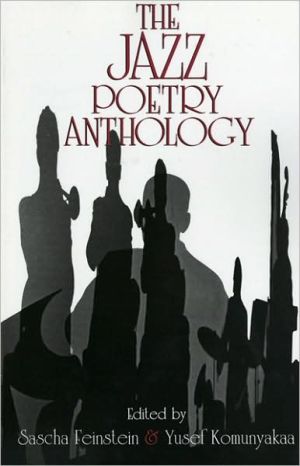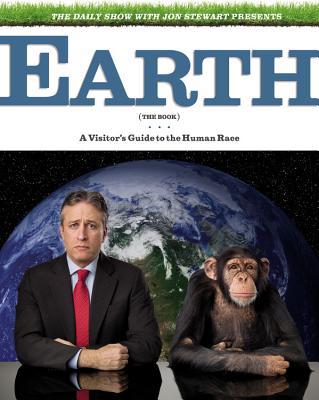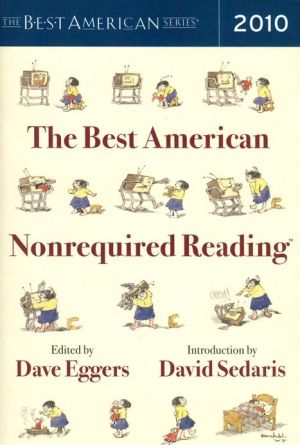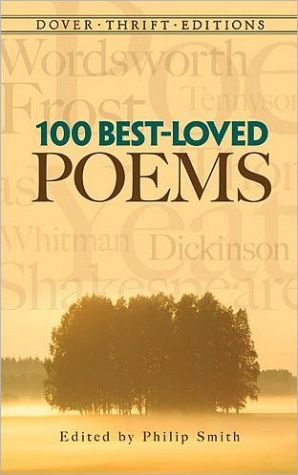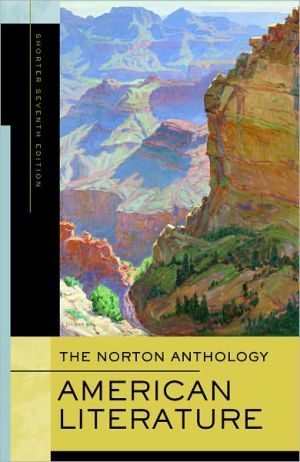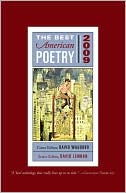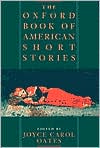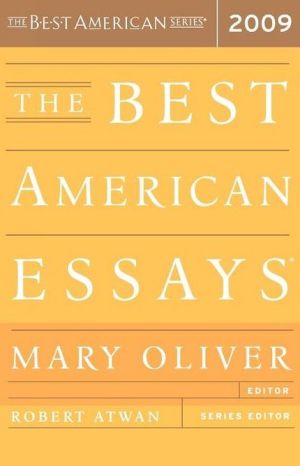The Jazz Poetry Anthology
"... in a class by itself... sensitive, moving, and powerful jazz imagery... the perfect companion to listening to good jazz." —Jazziz Magazine\ "In the course of the history of jazz, there have been only a few articles that get to the core of the meaning of jazz. These poems hit it right on the head, and the book is certainly essential for anyone who is interested in our music." —Dizzy Gillespie\ "To those interested in the impact of jazz upon the poetry of our century I recommend this...
Search in google:
"... in a class by itself... sensitive, moving, and powerful jazz imagery... the perfect companion to listening to good jazz." — Jazziz Magazine"In the course of the history of jazz, there have been only a few articles that get to the core of the meaning of jazz. These poems hit it right on the head, and the book is certainly essential for anyone who is interested in our music." — Dizzy Gillespie"To those interested in the impact of jazz upon the poetry of our century I recommend this anthology altogether without reservation." — John Lucas, JazzTimes"... essential... Its virtues are varied and copious, and not the least among them is discovering a writer whose work is new to you." — Los Angeles Reader"What makes this work most enjoyable is knowing the music and musicians and using that knowledge to understand and judge the poets' reactions to the elements in the music that please and inspire us." — MultiCultural Review"Filled with a variety of form, rhythm, and sound, this anthology is an absolute MUST for anyone who is even remotely interested in jazz and modern literature." — David BakerSince the turn of the century, poets have responded to jazz in all its musical and cultural overtones. The poems here cover the range of jazz itself: from early blues to free jazz and experimental music. Among the 132 poets included are James Baldwin, Lawrence Ferlinghetti, Langston Hughes, Jack Kerouac, Mina Loy, Ishmael Reed, and Sonia Sanchez. This anthology represents the broad appreciation for jazz as poetic inspiration, not only from the Beat movement but from writers across the decades and around the world.Library JournalWhile individual poets have often been linked to jazz, this music's influence on 20th-century writing has rarely been seen in perspective. Unfortunately, this first large-scale international attempt to explore the relationship between the two forms disappoints. Some 132 poets are arranged alphabetically. Among them are Sterling A. Brown, Robert Creeley, Lawrence Ferlinghetti, Langston Hughes, Carl Sandburg, and Leopold Senghor. The selection, however, is both too inclusive and too diverse. Dana Goia describes Bix Beiderbecke, but his stilted lines conflict with the music's rhythms; Heather McHugh's formal approach feels equally superficial. Individual poems seldom interact to form a larger statement; the ``music appendix,'' historically situating these selections, might have been a better organizational device. The statement of poetics, gathered from less than half the poets, are this volume's most valuable asset.-- Rochelle Ratner, formerly Poetry Editor, ``Soho Weekly News,'' New York
\ Library JournalWhile individual poets have often been linked to jazz, this music's influence on 20th-century writing has rarely been seen in perspective. Unfortunately, this first large-scale international attempt to explore the relationship between the two forms disappoints. Some 132 poets are arranged alphabetically. Among them are Sterling A. Brown, Robert Creeley, Lawrence Ferlinghetti, Langston Hughes, Carl Sandburg, and Leopold Senghor. The selection, however, is both too inclusive and too diverse. Dana Goia describes Bix Beiderbecke, but his stilted lines conflict with the music's rhythms; Heather McHugh's formal approach feels equally superficial. Individual poems seldom interact to form a larger statement; the ``music appendix,'' historically situating these selections, might have been a better organizational device. The statement of poetics, gathered from less than half the poets, are this volume's most valuable asset.-- Rochelle Ratner, formerly Poetry Editor, ``Soho Weekly News,'' New York\ \
